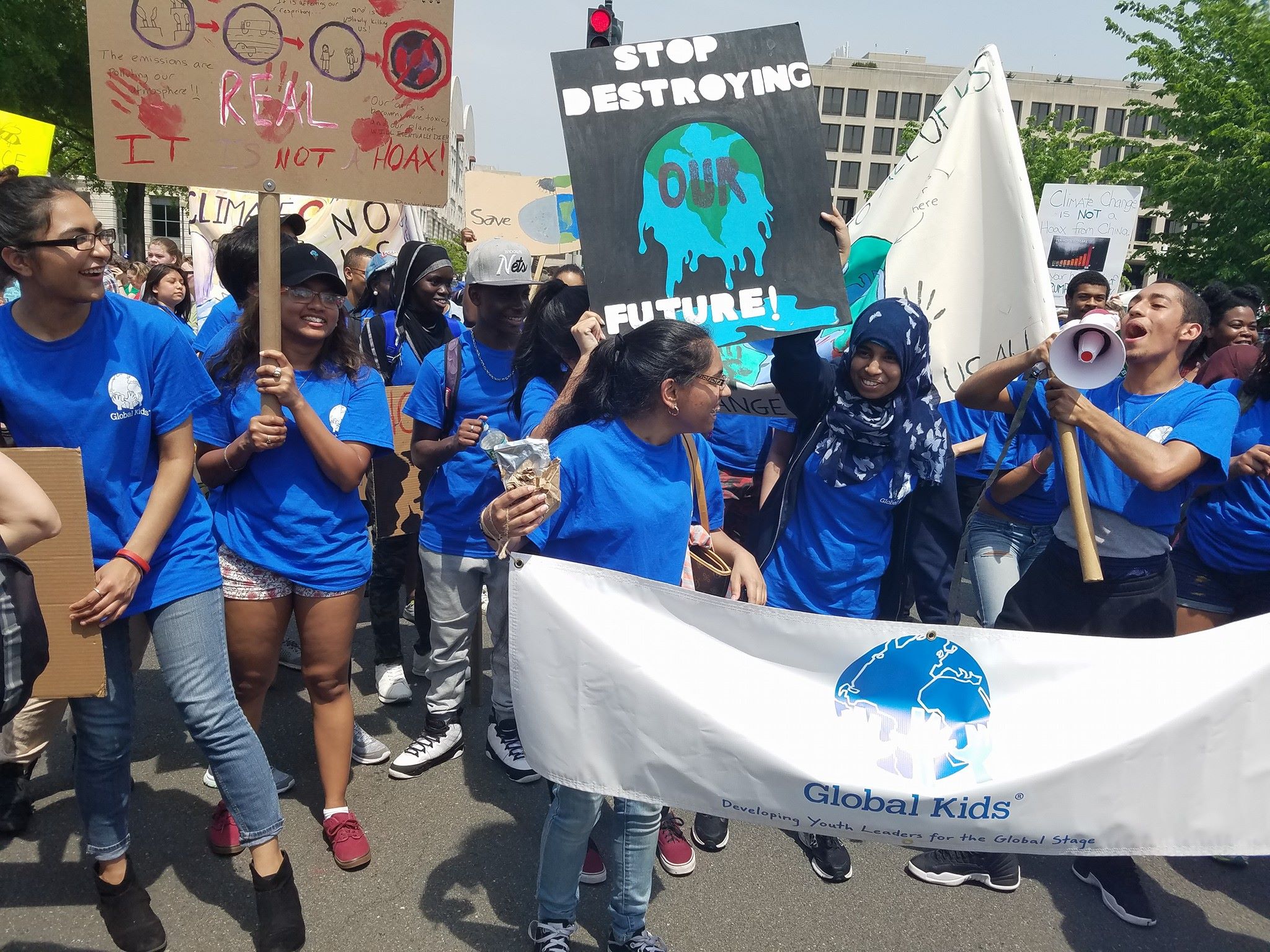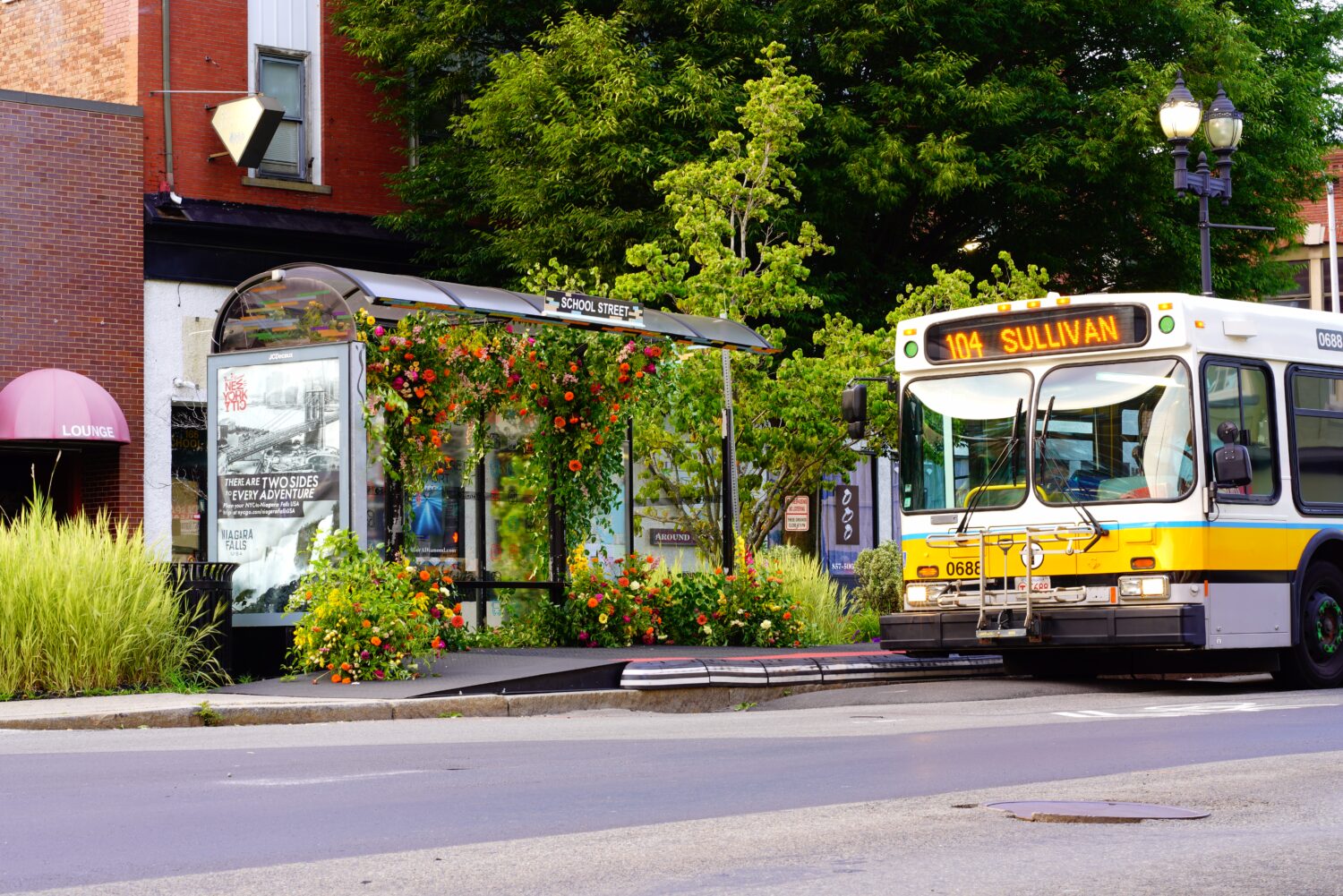As we’ve shared here on our blog, Barr has been working to deepen our understanding of racial equity and its implications for our work. In this post, I share how Barr’s Climate Program has been exploring these ideas and where it is leading us. We are by no means finished with this vital work and still have much to learn. Yet, we are committed to being transparent along the way and always welcome feedback to improve our work.
Connecting Racial Equity and Climate
Barr’s Climate Team began this work in earnest in summer 2019. Our initial step was to hear from those closest to the work—our grantees—and to ask them about their experiences and aspirations related to diversity, equity, and inclusion (DEI). We learned their experiences varied widely. We also heard important feedback that communications from our Climate Program have been neither clear nor consistent about the Foundation’s commitment to DEI and racial equity.
Based on this feedback, our next step was to develop our own knowledge and skills as a Climate Team. We developed a shared understanding of the multiple levels of racism, examined how we define effectiveness and impact, and understood more deeply how philanthropy perpetuates racial inequities. This learning included two listening sessions with grantees whose work is deeply rooted in racial equity. We learned a lot: in particular, we gained new appreciation of the outsized influence of some of the largest, most well-funded, and longstanding climate organizations, and how Barr could do more to center 1) communities that are most burdened by climate impacts and 2) grantees whose work is explicitly focused on racial equity and climate justice.
Racial Equity is Essential to Address Climate Change
Building on this learning, we wanted to be explicit about why we believe racial equity matters in addressing the climate crisis. Three core assumptions provide our starting point:
The fossil fuel economy degrades our climate and harms people. This economy has been enabled by laws, policies, and practices that impose heavy burdens on communities of color and divested communities and creates barriers to access benefits of climate action. We believe we cannot effectively address the climate crisis without addressing this systemic environmental racism.
We must prioritize communities that have been harmed most by the fossil fuel economy and have contributed least to the climate crisis. Doing so will create a stronger, more inclusive climate movement that elevates the voices and solutions needed to achieve climate goals, while also providing public health and economic benefits to all.
Equitable solutions achieve greenhouse gas reduction and climate resilience strategies while also improving the health and well-being of divested communities and people of color.
New Approaches in Our Grantmaking
Our Climate Program goal remains unchanged – To address climate change by advancing equitable solutions for clean energy, mobility, and resilient communities. Our grantmaking is still organized into the same three strategies:
Clean Energy: Transform the Northeast energy system by accelerating the shift to an equitable, clean, efficient, and modern energy system.
Mobility: Reduce transportation-related emissions by modernizing our transportation system and accelerating the development of low-carbon communities.
Climate Resilience: Increase the capacity of Metro Boston’s residents, the public sector, private sector, and vulnerable communities to prepare for and adapt to the impacts of climate change.
Yet, a deeper understanding of how racism manifests in our sector led us to five new approaches we will integrate in our grantmaking, to bring greater definition to how we are advancing equitable solutions. These have been endorsed by our trustees as central to achieving both our climate goals and our aspirations for racial equity:
- Building leadership and organizational capacity of equity-centered climate organizations to grow their power and shape the climate field.
- Investing in equity-centered, community-based organizations that are linking climate change to other priority issues for communities and fostering greater community engagement and voice in the climate field.
- Providing career pathways for people of color to enter the climate field.
- Building capacity in the public sector to implement policies focused on racial equity.
- Developing capacity of legacy climate organizations to integrate racial equity and anti-racism into their culture and processes, and to implement strategies that advance equitable outcomes.
We believe these approaches will help us achieve our climate goals and will also: foster stronger support for organizations led by and/or serving communities of color and divested communities, spur our field to consider public health and economic opportunity as critical metrics of success, and dismantle racist policies and practices.
What will change for grantees and grant seekers?
Reading this, nonprofit leaders may wonder, “What does this mean for me?” “What will change in my relationship with Barr?” Certainly, we expect these new approaches to lead us to invest in new partners, as well as existing partners in new ways. In time, we are committed to share publicly about progress we’re making towards increasing our investments in equity-centered, community-based organizations led by people of color (and also how we’re defining such terms). The Climate Team’s conversations with current and new partners will now also include questions like:
- How do we drive down emissions while at the same time supporting racial and economic justice?
- Who benefits from and who is most burdened by the policies or projects we are advancing?
- What are the power dynamics at play, for example, who is engaged in decision making and how are decisions being made?
- How do we create strong multiracial coalitions that value the leadership of communities of color?
- What do grassroots organizations and leaders of color working on climate change need in order to be successful and what needs to change meet those needs?
A Continuing Journey
We know this is long-term work and that we will continue to learn from and with partners who share our commitment to build a more diverse, inclusive, and effective climate movement – one that centers communities that are most impacted and that advances equitable solutions.
As we dedicate more resources to integrating racial equity in our program, we hope what we do and how we do it model a visible, meaningful, tangible shift towards equity and anti-racism for the climate field and for philanthropy. We are determined to support communities of color and divested communities most impacted by climate change, so they are engaged, shaping the solutions, and enjoying the benefits of those solutions.




